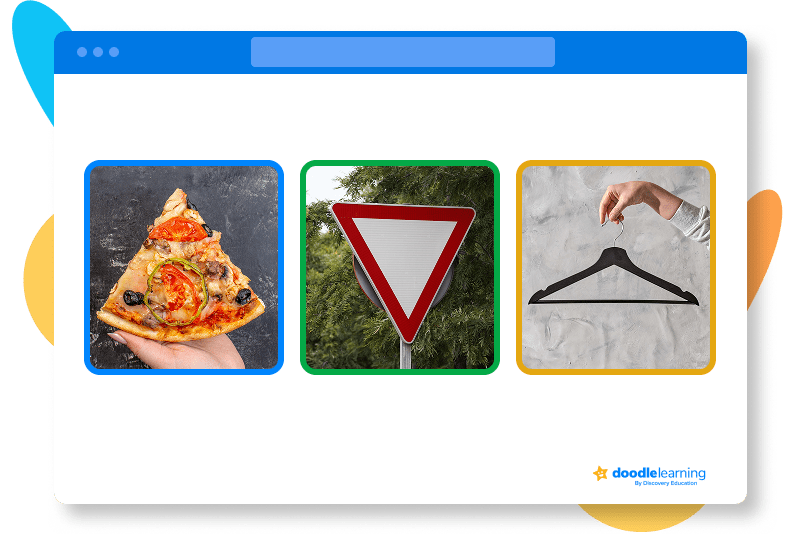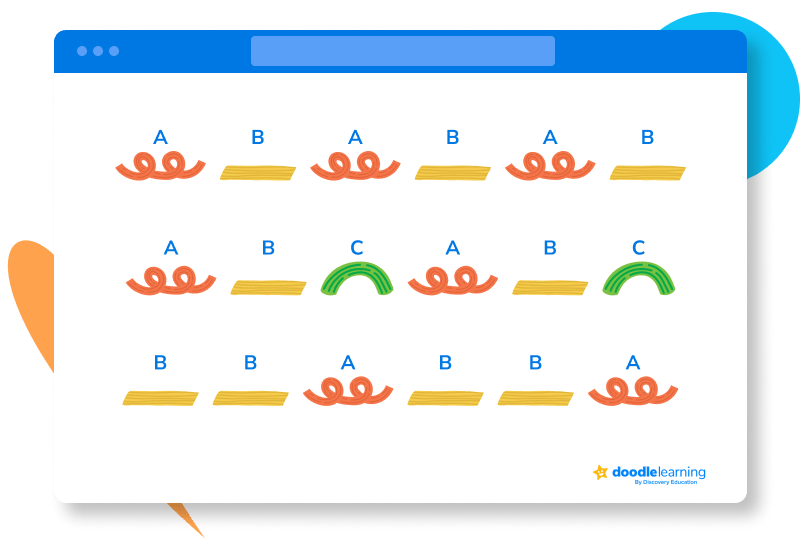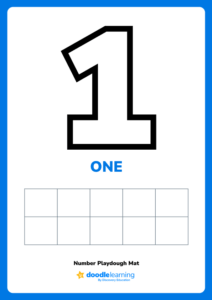

Discover 10 playful, hands-on early years maths activities that spark curiosity, build confidence, and lay the foundations for lifelong learning.

Author
Mhairi Sim
Updated
September 2025


Discover 10 playful, hands-on early years maths activities that spark curiosity, build confidence, and lay the foundations for lifelong learning.

Author
Mhairi Sim
Updated
September 2025

Discover 10 playful, hands-on early years maths activities that spark curiosity, build confidence, and lay the foundations for lifelong learning.

Author
Mhairi Sim
Updated
September 2025

Key takeaways
Table of contents
Did you know that positive early years maths experiences are consistently linked with children’s later school success? That’s because during their early years (from birth to age five), children develop faster than at any other time, making these years an important opportunity for building foundations for the future.
Early years maths activities should be hands-on, to give kids the chance to be creative. Our littlest learners learn best when they’re able to play and explore, so everyday activities are the perfect way to introduce maths.
Our top 10 simple, yet effective, early years maths activities are perfect for helping your EYFS learner develop their early maths abilities through everyday exploration and discovery! For each of the activities, we’ve highlighted any materials you’ll need and which part of the EYFS maths framework the activity targets.
Unlock unlimited maths questions
Put your skills to the test with fun exercises + maths games that are proven to boost ability!
Try DoodleMaths for free!
Select a year group
Supplies:
Counting rhymes and songs are a fun and simple way to reinforce key EYFS maths concepts. Kiddos will learn through the repetition in the rhymes of song lyrics, and there are options for just about any EYFS maths skill! Try out these ten number rhymes or some classic nursery rhymes and see how quickly your learners pick up these counting skills!
How it works:
Memorising number sequences, number facts, and simple operations allows kiddos to quickly recall them, which means they can apply this knowledge more easily and with more fluency later!
Supplies:
Set your EYFS learners on a shape hunt for shapes in their environment! Clocks as circles, light switches as squares or rectangles, or triangles in door stoppers…the list is endless! Have them draw the shapes they find or mark off shapes on a checklist!
How it works:
Identifying shapes in the environment that look different will reinforce that shapes are defined by their properties and not by their image. For example, not all of these triangles look exactly alike, but they all have three sides.

Supplies:
Try making one of these easy recipes with EYFS kiddos for some hands-on maths learning. There are opportunities for reading numbers on the recipes, counting out spoonfuls of ingredients, using maths words like “more” and “less”, and discussing the order of the recipe. Cooking and baking really are all-rounders when it comes to building maths skills!
How it works:
Opportunities for reading numbers and counting help kiddos to build their number sense and recognise patterns in increasing numbers. The use of maths language (e.g. “more” or “less”) encourages comparison and estimation, and following the recipe introduces learners to sequencing.
Supplies:
Set your kiddos up with some string and pasta shapes or beads and let them make your pretty, patterned necklaces! Start with a simple AB pattern, then use different shapes and colours for variation and encourage kiddos to create more complicated ones.
How it works: This strengthens little ones’ ability to recognise and predict patterns with simple, concrete materials. Eventually, they’ll complete number sequences in KS1 and KS2, so this is a great starting place.

Supplies:
Read these NRICH recommended maths-linked books with your EYFS learners that include numbers, or challenge them to solve problems! Pause while you read to have kiddos count images in the book, or ask them questions about the numbers in the book.
How it works:
These stories are a fantastic way to introduce and reinforce maths vocabulary with little ones. They also demonstrate maths in a meaningful and engaging context.
DoodleMaths is an award-winning app that’s filled with thousands of questions and games exploring multiplication, division and more!
Designed by teachers, it creates each child a unique work programme tailored to their needs, doubling their progression with just 10 minutes of use a day. Try it for free!


Supplies:
This no-prep early years maths activity is a super way to introduce the concept of measurement! Have your learners measure different items around the room with their hands or feet. Encourage them to compare the items and their measurements and point out things like measurements for larger items are more hands or feet.
How it works:
Using language like “taller”, “smaller”, “longer”, and “shorter” encourages the development of your kiddos’ maths vocabulary and encourages comparison. The activity also introduces learners to using non-standard units of measure, which they’ll continue to use in KS1 maths
Supplies:
Hide number cards around the room for your kiddos to find. As they collect the cards, task them with placing the cards in an order – from biggest to smallest, in numerical order, in number bond pairs, or into categories like odd and even.
How it works:
This activity will reinforce kids’ understanding of numbers and number sequencing, as well as promote some problem-solving!
Supplies:
Start by setting up some cups with numbers on them. Your kiddos need to collect pompoms with their tweezers and count the correct number into each cup. You can then check if they are correct by counting the items back out together.
How it works:
Counting activities like this reinforce the concept of cardinality – where each number counted represents one item. Encourage kiddos to count each pom pom as they move it into the box or cup.
Supplies:
Break out the good old-fashioned board games with your kiddos to build their counting and subsitising skills! Games like ‘Snakes and Ladders’ or any other games where players move a counter along the board after rolling the dice are perfect early years maths activities.
How it works:
Recognising numbers on a dice is an excellent way to learn subsidising skills. Counting along spaces on a board (particularly numbered spaces like in Snakes and Ladders) also supports kiddos to recognise patterns in ascending number sequences.
Supplies:
Use playdough to create numerals and create a visual representation of that number in the form of little playdough balls or shapes! Printable playdough number mats are a great resource to have on hand to support our littlest learners as they learn to recognise and form numbers.
How it works:
Shaping the playdough into numbers helps kiddos recognise the different features of each number, while the task of counting out playdough shapes connects the physical quantity to the numeral.

If your EYFS learner is aged four or over, you could try exploring the DoodleLearning maths app together. It’s designed to make maths fun, rewarding effort over correctness, to encourage kiddos to enjoy their maths learning. The app is fully aligned with the EYFS maths framework and adapts learning to each individual user, so it’s a great way to ensure your EYFS learner is on track!

Parents, sign up for a DoodleMaths subscription and see your child become a maths wizard!

Book a chat with our team
If you’d like to use Doodle’s browser version, please visit this page on a desktop.
To log in to Doodle on this device, you can do so through our apps. You can find out how to download them here: